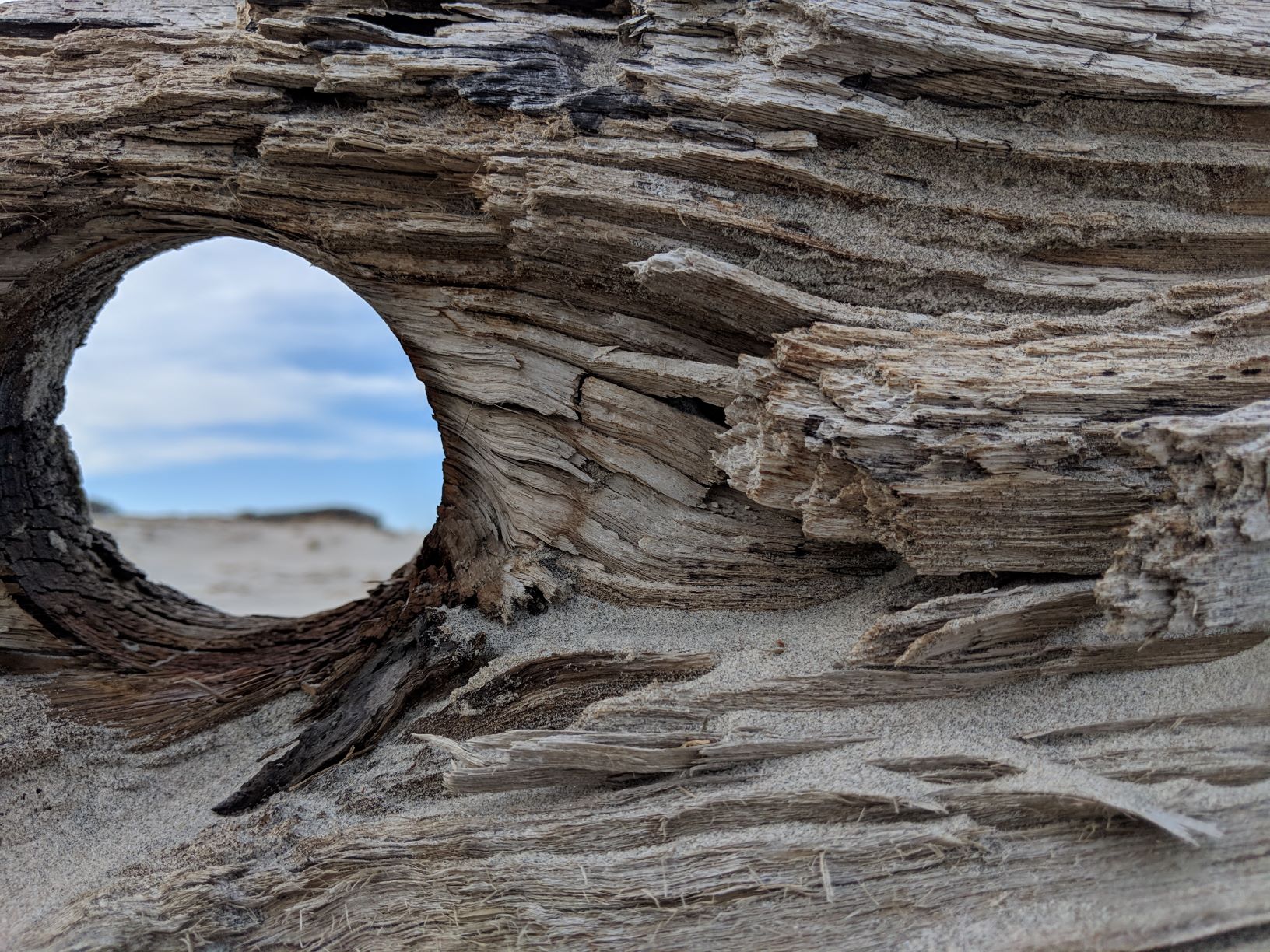 |
| Somewhere on a back bay in Jersey |
Went clamming this morning–chilly dawn, quarter moon, and tame tide meant I may have burned as many calories as I raked up for dinner.
But that’s not why I clam.
After a week under fluorescent lights hearing folks reveal what they know to be true, I need to feel the back bay wash my over my feet to remind me what’s real, to feel my fingers become clumsy as a toddler’s as they grope into the mud to pull out another clam, to feel the human world of words dissolve in the chatter of geese and gulls.
If you do not know what’s real, if your feet never (literally) touch the earth, then you will believe anything. And most of us do.
***
If you grew up in the States anywhere but a farm, chances are pretty good you learned of natural cycles through your church. While our dominant culture thrives on linear growth, most religions honor the cycles of life and death.
Science is the closest thing we have to true religion in public school these days, technology the furthest. Science seeks the mystery, technology exploits it. Very little science happens in schools.
***
We’re in the dark days now, and will be for some time. The dying sunlight reminds us, if we care to see, that all things fall apart.
The sun has shifted, the shadows have lengthened, the cold darkness creeps in.
 |
| Delaware Bay in winter, North Cape May |
If your child spends most of her waking hours either in school or in front of a screen, she will learn to live in a world without tides, without death, without the slow grace of our sun. She (like so many others) will fail to discern the natural world, the one we’re all tied to, from any of the multiple artificial universes available to her.
Of all the Commandments, the wisest may be the first:
You shall not make for yourself a graven image, or any likeness of anything that is in heaven above, or that is in the earth beneath, or that is in the water under the earth; you shall not bow down to them or serve them.What we see and smell gets down to molecules, which get down to mass/energy, which gets down to the unknowable. Science requires a basic faith in logic, in math, in entropy, in our senses, and ultimately a humbling recognition of our place in the universe. Science promises death.
School and the economy it now serves requires a disconnect from the natural world and ultimately a basic faith in what somebody else tells you. Our culture promises immortality.
 |
| Horseshoe crab spine, North Cape May |
I’m going with death.
There are no standards or Commandments on a mudflat.



